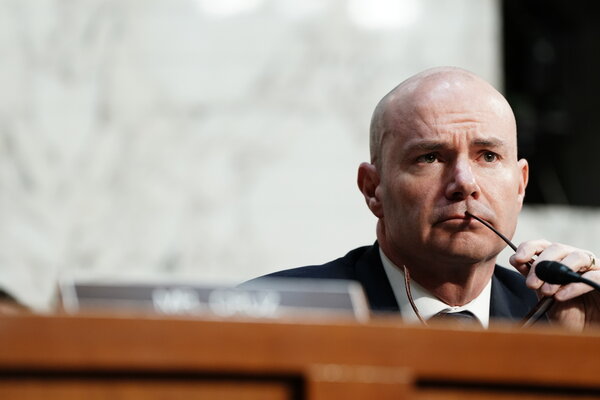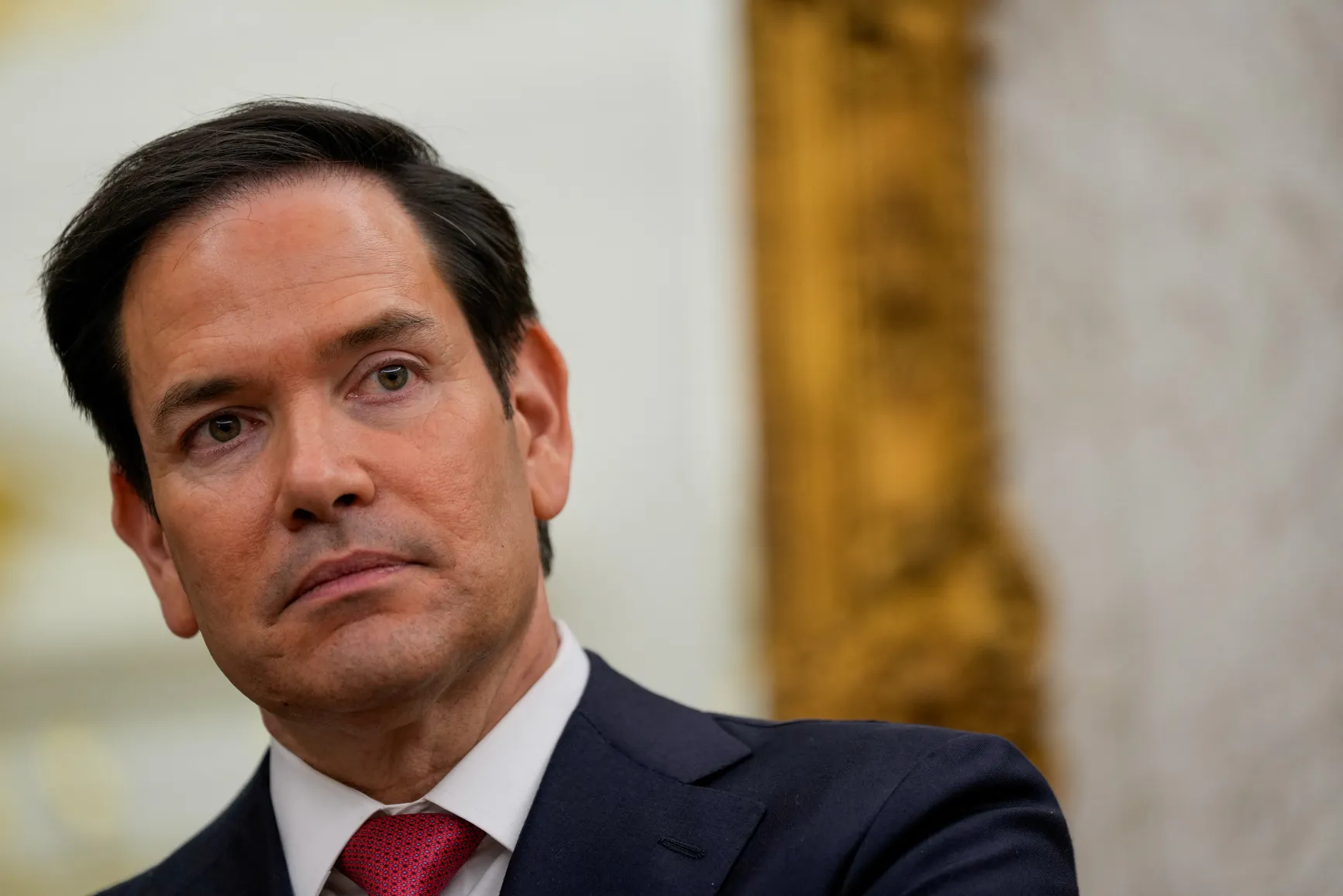In the wake of a shocking assassination attempt in Minnesota, Senator Mike Lee (R-UT) sparked widespread backlash after pointing fingers at the “far left” as the culprits behind the violent act. His inflammatory remarks, made on social media, drew sharp criticism from political opponents, civil rights advocates, and even some members of his own party, who accused him of exploiting tragedy for political gain.
The incident has reignited debates over political rhetoric, extremism, and the dangers of assigning blame before facts emerge. As tensions rise in an already polarized nation, Lee’s comments have further deepened divisions, raising questions about the responsibility of elected officials in shaping public discourse.
The Minnesota Assassination Attempt
The controversy stems from an assassination attempt on a local political figure in Minnesota, details of which remain under investigation. Law enforcement has not yet confirmed the shooter’s identity or motives, but early reports suggest the attack may have been politically motivated.
Despite the lack of verified information, Senator Lee took to social media to declare that the attack was the work of the “far left,” linking it to broader progressive movements. His posts included provocative language, suggesting that left-wing extremism was to blame for rising political violence.
Mike Lee’s Controversial Statements
Lee’s posts quickly went viral, with one tweet reading:
“Another act of political violence, and once again, the far left’s rhetoric fuels the fire. When will Democrats condemn this extremism?”
The implication that left-wing activists were responsible—without evidence—drew immediate condemnation. Critics accused Lee of rushing to judgment, noting that similar attacks in recent years have come from various ideological extremes, including far-right extremists.
Public and Political Backlash
The backlash was swift and bipartisan:
-
Democratic lawmakers slammed Lee for politicizing a tragedy. Rep. Ilhan Omar (D-MN) called his remarks “reckless and dangerous,” adding that such rhetoric “puts lives at risk.”
-
Some Republicans also distanced themselves from Lee’s comments. Senator Mitt Romney (R-UT) urged caution, stating, “We should wait for law enforcement to complete their investigation before assigning blame.”
-
Civil rights groups warned that Lee’s rhetoric could incite further violence. The Anti-Defamation League (ADL) noted that unfounded accusations only deepen societal divisions.
Even some conservative commentators criticized Lee for what they saw as an opportunistic attempt to rally his base. Political analyst David Frum tweeted: “Jumping to conclusions before facts are known is irresponsible, no matter which side does it.”
The Dangers of Premature Blame
Lee’s remarks highlight a growing trend in American politics: the rush to assign blame in the immediate aftermath of violent incidents. Whether the attack is linked to terrorism, hate crimes, or political extremism, politicians and media figures often seize on tragedies to advance their narratives.
This tendency can have dangerous consequences:
-
Incitement of Further Violence – When leaders suggest that a particular group is responsible for violence, it can provoke retaliatory actions.
-
Erosion of Trust – If accusations later prove false, public trust in institutions and leaders diminishes.
-
Undermining Investigations – Premature conclusions can interfere with law enforcement efforts, as seen in past cases where misinformation spread before facts were confirmed.
A History of Political Violence and Misinformation
The U.S. has seen a surge in politically motivated violence in recent years, from the 2017 Charlottesville rally to the January 6 Capitol riot. In nearly every case, political figures and media personalities rushed to frame events in ways that suited their agendas.
-
After the 2017 Las Vegas shooting, some conservatives falsely claimed the attacker was a left-wing radical, while some liberals speculated about far-right ties—neither of which were true.
-
Following the 2022 Buffalo supermarket shooting, some right-wing commentators initially downplayed the white supremacist motives behind the attack.
These examples illustrate how quickly misinformation spreads in moments of crisis—and how damaging it can be.
The Responsibility of Elected Officials
As a U.S. senator, Mike Lee holds significant influence. His words carry weight, and his decision to blame the “far left” without evidence sets a troubling precedent. Elected officials have a duty to:
-
Wait for facts before making inflammatory claims.
-
Condemn violence universally, rather than selectively based on political convenience.
-
Promote unity, rather than deepening divisions for short-term political gains.
If the shooter in Minnesota is indeed linked to left-wing extremism, it should be condemned—just as right-wing violence must be. But until evidence is presented, speculation only fuels anger and distrust.
Conclusion: A Call for Restraint
Mike Lee’s rush to blame the “far left” for the Minnesota assassination attempt reflects a broader crisis in American politics: the weaponization of tragedy for partisan ends. In an era of deep polarization, leaders must exercise restraint, prioritize truth over rhetoric, and avoid stoking further division.
The victims of political violence deserve justice, not politicization. As investigations unfold, Americans should demand accountability—not just from potential perpetrators, but from those who exploit tragedy for their own agendas.



